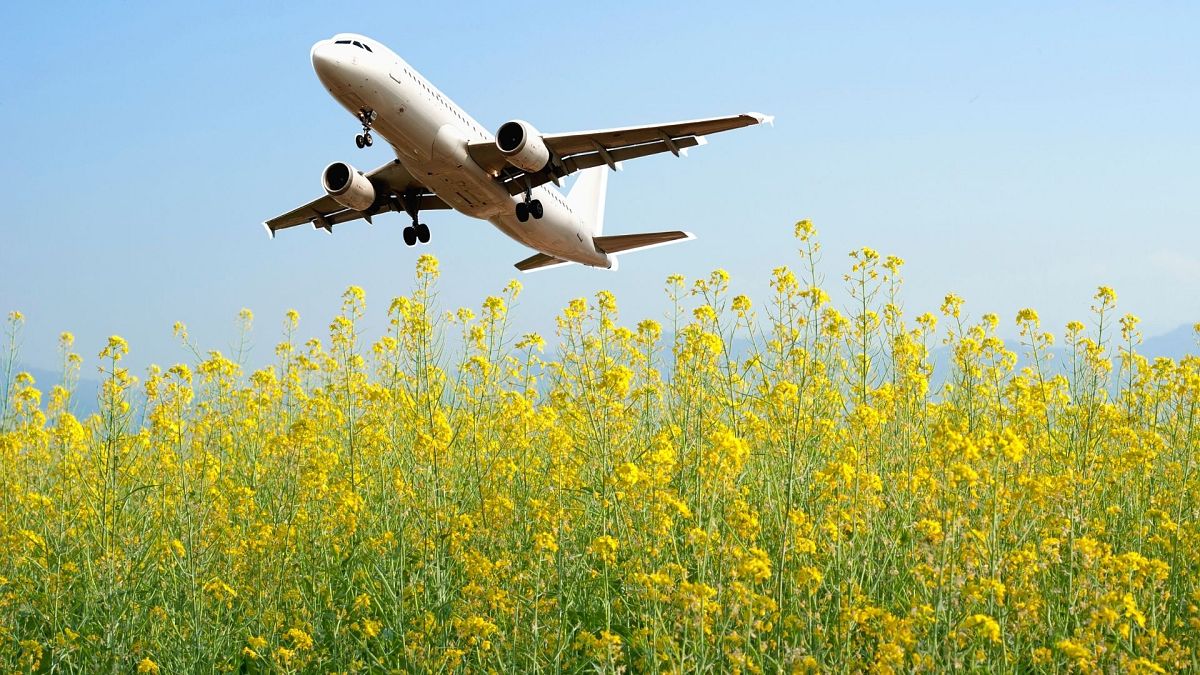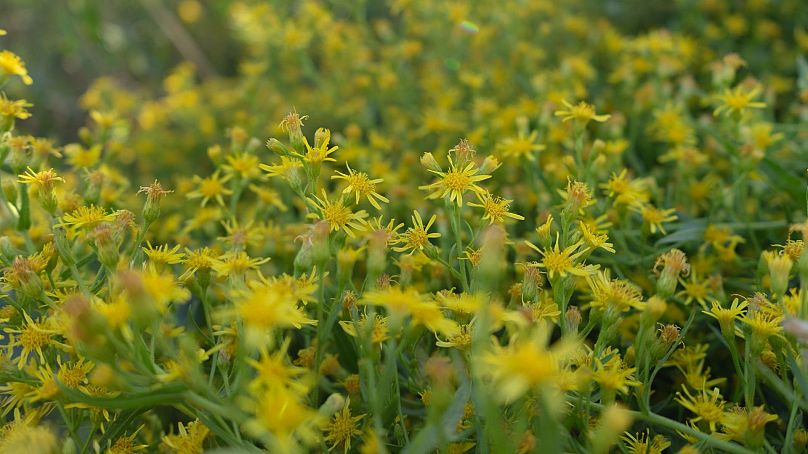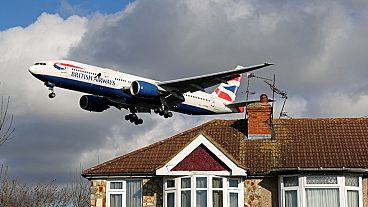Research shows that plant-based, sustainable jet fuel could be a “game-changer” in replacing petroleum.
After four years of searching, scientists have found a new plant-based aviation fuel that could significantly reduce the environmental impact of flying.
The fuel is made from a type of mustard plant called Brassica carinata and could reduce carbon emissions by up to 68 per cent, according to research from the University of Georgia, US.
The research, led by scientist Puneet Dwivedi, shows that this sustainable aviation fuel (SAF) could be a “game-changer” in replacing petroleum.
"Carinata-based SAF could help reduce the carbon footprint of the aviation sector while creating economic opportunities and improving the flow of ecosystem services across the southern region,” says Dwivedi, associate professor in the Warnell School of Forestry and Natural Resources.
The aviation industry emits 2.5 per cent of all carbon dioxide emissions in the US and is responsible for 3.5 per cent of global warming.
Dwivedi's findings come at an opportune moment. In September, President Joe Biden proposed a sustainable fuel tax credit as part of the Sustainable Aviation Fuel Grand Challenge.
As part of the challenge, he has set the goal of a 20 per cent drop in aviation emissions by 2030 and achieving a fully zero-carbon aviation sector by 2050.
Where is Brassica carinata grown?
The Southeast Partnership for Advanced Renewables from Carinata, or SPARC, is a $15 million (€12.9m) project funded by the US Department of Agriculture's National Institute of Food and Agriculture.
Through SPARC, researchers have spent the past four years investigating how to grow carinata in the Southeast of the country, exploring genetics and best practices for the highest crop and oil yield.
With those answers in place, Dwivedi is confident about carinata's role in supporting the regional economy and environment.
"In the South, we can grow carinata as a winter crop because our winters are not as severe compared to other regions of the country," he explains.
"Since carinata is grown in the 'off' season it does not compete with other food crops, and it does not trigger food versus fuel issues. Additionally, growing carinata provides all the cover-crop benefits related to water quality, soil health, biodiversity and pollination."
The missing piece of the puzzle, according to Dwivedi, is the lack of local infrastructure for crushing the seed and processing the oil into SAF.
"Our results would be especially relevant to the state of Georgia, which is the sixth-largest consumer of conventional aviation fuel in the country, hosts the busiest airport in the world, and is home to Delta, a leading global airline company," he says.
“Carinata has the potential to be a win-win situation for our rural areas, the aviation industry, and most importantly, climate change."





